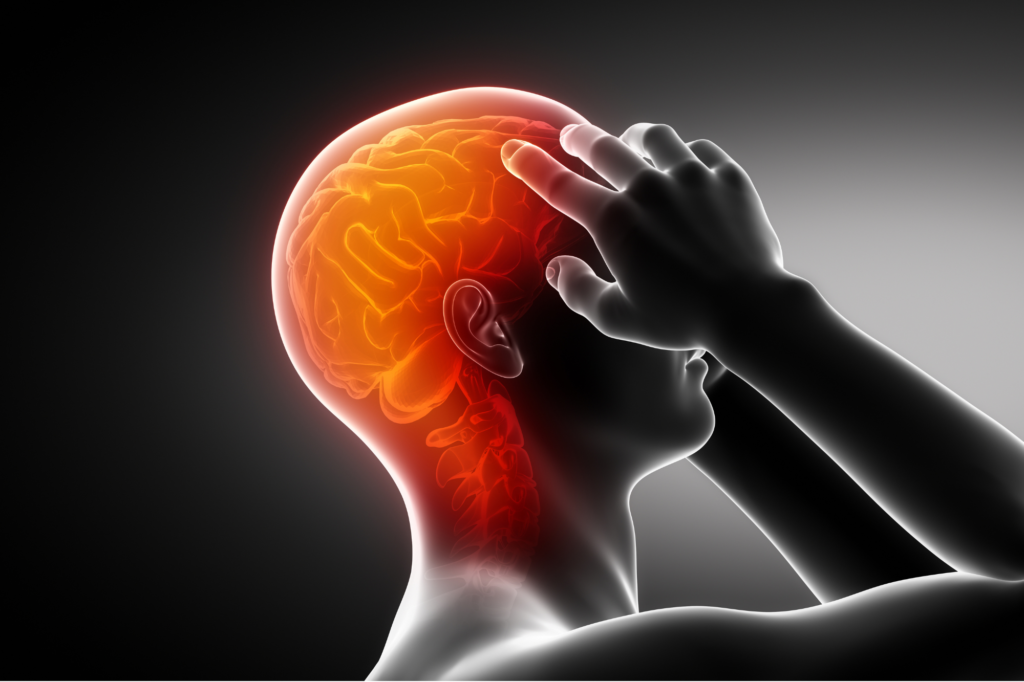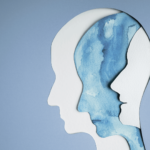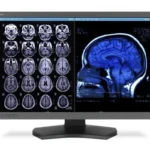Traumatic Brain Injury (TBI) is a serious medical condition with a high likelihood of neuropsychiatric complications. Among these, depressive disorders are one of the most common and debilitating. The relationship between TBI and depression is complex, involving neurological, biochemical, and psychological factors. Understanding the mechanisms and management of post-TBI depression is crucial to improving patient outcomes and quality of life.

Prevalence of Depression After TBI
Depression is significantly more prevalent in individuals who have sustained a TBI compared to the general population. Studies indicate that up to one-third of TBI patients develop major depressive disorder within the first year post-injury. The risk remains elevated for several years, particularly among those with moderate to severe brain injuries. Factors such as injury severity, age, pre-existing mental health conditions, and social support play a critical role in determining an individual’s susceptibility to depression post-TBI.
How TBI Contributes to Depression
Neurological Disruptions
TBI often leads to structural and functional brain changes, particularly in regions responsible for mood regulation, such as the prefrontal cortex, amygdala, and hippocampus. Damage to these areas can impair emotional processing, leading to depressive symptoms.
Neurotransmitter Imbalance
Brain injuries disrupt neurotransmitter systems, including serotonin, dopamine, and norepinephrine. These chemical imbalances are directly linked to the development of depression, as they affect mood stability, motivation, and emotional responses.
Chronic Inflammation
TBI can trigger neuroinflammation, leading to prolonged activation of immune responses in the brain. This inflammatory process is believed to contribute to mood disorders by disrupting neural communication and increasing oxidative stress.
Psychosocial and Behavioral Factors
Adjusting to life after a brain injury can be challenging. Physical impairments, cognitive dysfunction, loss of independence, financial burdens, and social isolation all contribute to emotional distress. Many individuals experience frustration, hopelessness, and grief over the loss of their previous abilities, increasing the risk of depression.
Symptoms of Depression Following TBI
Post-TBI depression manifests in various ways, and symptoms often overlap with those caused by the brain injury itself.
Emotional Symptoms:
- Persistent sadness or hopelessness
- Increased irritability or mood swings
- Feelings of guilt or worthlessness
Cognitive Symptoms:
- Difficulty concentrating or making decisions
- Memory impairments
- Slowed thinking and reduced problem-solving ability
Physical Symptoms:
- Changes in sleep patterns (insomnia or hypersomnia)
- Chronic fatigue and low energy
- Unexplained changes in appetite and weight
Behavioral Symptoms:
- Withdrawal from social activities
- Loss of interest in previously enjoyed activities
- Suicidal thoughts or self-harming behaviors
Diagnosis: Challenges in Identifying Depression Post-TBI
Diagnosing depression after a TBI can be complex, as many symptoms overlap with post-concussion syndrome and cognitive impairments related to the injury. A thorough clinical evaluation is necessary, often including:
- Standardized depression screening tools
- Neuropsychological assessments
- Clinical interviews with patients and caregivers
Healthcare providers must differentiate between symptoms caused by depression and those arising from the neurological impact of the injury itself.
Treatment and Management
1. Pharmacological Approaches
Antidepressants, particularly selective serotonin reuptake inhibitors (SSRIs), are commonly prescribed for post-TBI depression. However, medication use requires careful consideration due to the potential for side effects, interactions with other TBI-related medications, and individual variability in response.
2. Psychotherapy and Counseling
- Cognitive-Behavioral Therapy (CBT): Helps patients identify and reframe negative thoughts, develop coping strategies, and manage emotional distress.
- Behavioral Activation Therapy: Encourages engagement in positive activities to counteract depressive symptoms.
- Mindfulness and Stress Reduction Techniques: Assist in emotional regulation and reducing anxiety associated with TBI recovery.
3. Lifestyle Modifications
- Regular Physical Activity: Exercise has been shown to improve mood, cognitive function, and overall brain health.
- Healthy Diet: A nutrient-rich diet supports brain function and reduces inflammation.
- Consistent Sleep Schedule: Addressing sleep disturbances can significantly improve mood and cognitive function.
4. Social Support and Rehabilitation Programs
Engaging in support groups, vocational rehabilitation, and structured rehabilitation programs can provide emotional support and improve daily functioning. Family involvement is also crucial in helping patients navigate post-injury challenges.
Prognosis: Long-Term Outlook for Patients with TBI and Depression
The recovery trajectory varies widely depending on factors such as injury severity, early intervention, and access to treatment. While some individuals recover from post-TBI depression with appropriate management, others may experience persistent symptoms requiring long-term care. Early identification and a holistic treatment approach are essential in improving patient outcomes.

